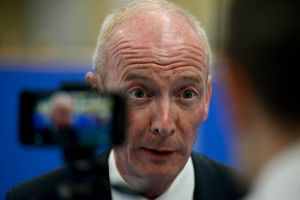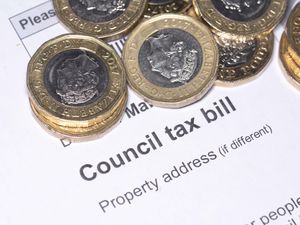Brexit - massive economic hit to the West Midlands of leaving the EU outlined in secret papers
The West Midlands economy could shrink by up to 13 per cent after Britain leaves the EU, according to secret Brexit impact studies issued to MPs by the Government.

The controversial analysis suggests the region will be one of the worst hit in the country, with a best case scenario of an eight per cent reduction in growth – even if Theresa May thrashes out a free trade deal with the bloc.
Under 'no deal' arrangements the hit would be 13 per cent, while in the unlikely event that the UK stays in the single market growth would drop by 2.5 per cent.
The Government was forced to release the 32-page document, which was prepared by Whitehall officials for the Department for Exiting the EU, amid pressure from Labour and pro-EU Tories.
MPs have been reading the document under controlled conditions, but the figures have been leaked.
Labour MP Pat McFadden, who sits on the cross-party Brexit Select Committee, said the gloomy growth predicted would have a damaging impact on jobs and living standards across the region.
“It’s important to remember that these papers were prepared by the Government which is in charge of Brexit, not by some pro-European think tank," the Wolverhampton South East MP said.
“They show that Brexit will be a big drag anchor on economic growth in the West Midlands for years to come.
“A loss of growth of this magnitude will have a big impact on jobs and living standards.
“The damage could be lessened by staying in the single market and customs union but the government ruled both of those things out before they carried out any assessment of the impact.
"That was hugely irresponsible and shows the perils of putting ideology before people’s well-being."
The analysis shows the impact of leaving the EU over 15 years, compared to what would happen to the UK economy if Brexit did not happen.
It shows that every area of the UK will suffer a decline in GDP.
The report also includes a sector-by-sector breakdown, warning that the motor industry faces cost increases of between five per cent and 13 per cent, while the retail and wholesale industry could see costs rise by up to 20 per cent.
Mrs May is due to chair the second session of Brexit sub-committee today to thrash out what kind of trade relationship the UK will seek in negotiations with the EU.





